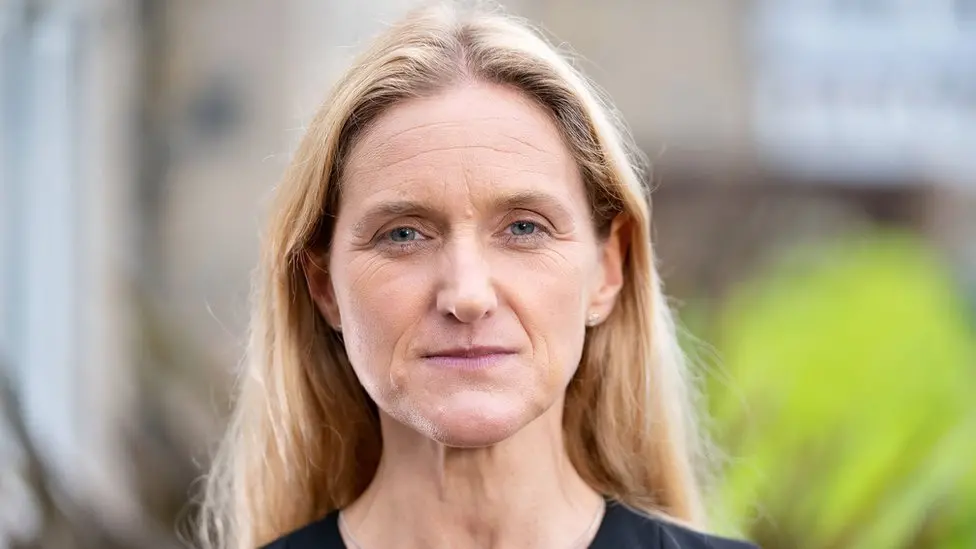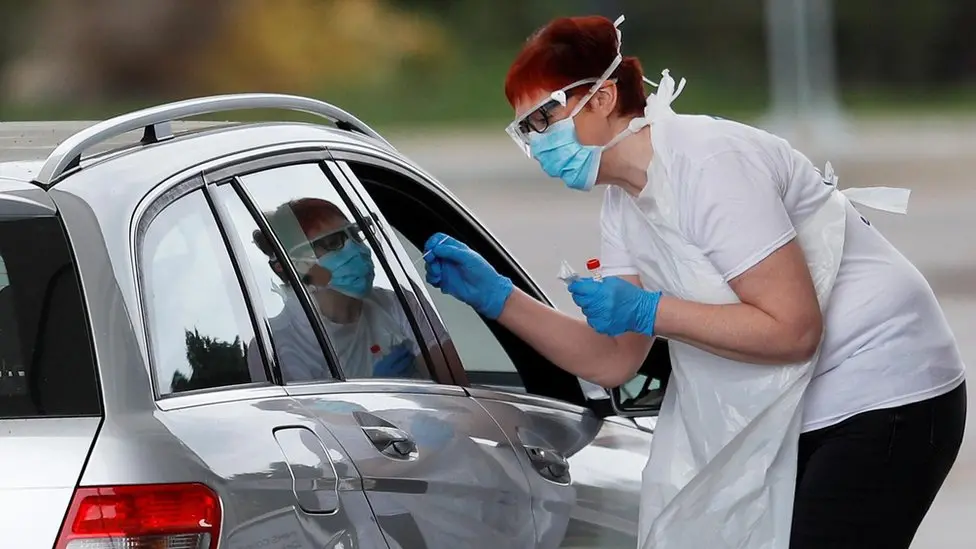What is assisted dying and how could the law change?
What is assisted dying and how could the law change?
Assisted dying, also known as assisted suicide or physician-assisted suicide, is a medical practice where a terminally ill patient...

What is assisted dying and how could the law change?
Assisted dying, also known as assisted suicide or physician-assisted suicide, is a medical practice where a terminally ill patient is provided with the means to end their own life, usually by a doctor’s prescription of a lethal dose of medication.
The debate surrounding assisted dying is a highly controversial and complex one, as it forces society to grapple with questions of morality, autonomy, and the role of medical professionals in end-of-life care.
Currently, the legality of assisted dying varies around the world, with some countries, such as Switzerland and Canada, allowing it under certain circumstances, while others, like most US states, criminalizing the practice.
Advocates for assisted dying argue that it provides terminally ill patients with a compassionate and dignified way to end their suffering on their own terms. They also believe that it is a matter of personal autonomy and the right to die with dignity.
Opponents, however, raise concerns about the potential for abuse, coercion, and the slippery slope towards euthanasia of non-consenting individuals. They also argue that it goes against the sanctity of life and the oath that doctors take to do no harm.
In recent years, there have been calls for changes to the laws surrounding assisted dying. Some advocates push for greater access, particularly for those with degenerative diseases or mental health conditions, while others argue for more stringent safeguards to protect vulnerable populations.
Legislation on assisted dying is a deeply emotional and divisive issue, with strong opinions on both sides. The potential changes to the law could have far-reaching implications for patients, families, and healthcare providers alike.
As society continues to grapple with the ethical and legal complexities of assisted dying, it is crucial to have open and honest discussions that take into account the perspectives of all stakeholders involved.




